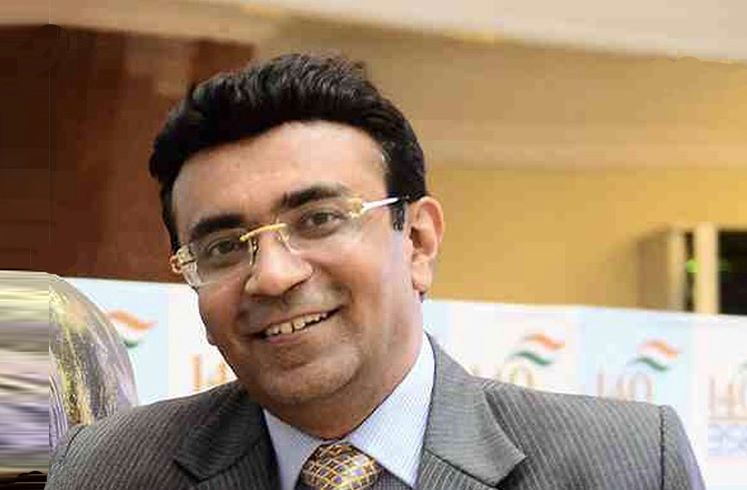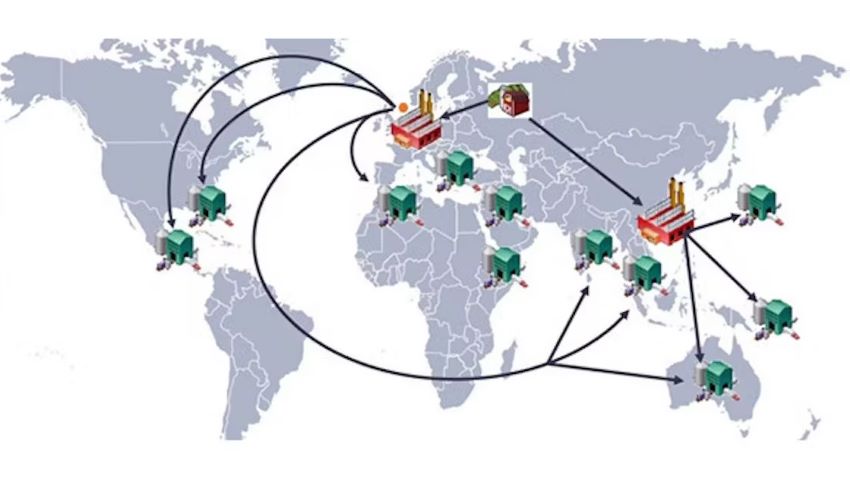The UK's removal of duty benefits for Indian garment exporters under the new Developing Countries Trading Scheme (DCTS), replacing the previous Generalised Scheme of Preferences (GSP), raises concerns amidst sluggish global demand. Industry officials argue this withdrawal is reasonable, considering the potential benefits of future Free Trade Agreements (FTAs).
The withdrawal of duty benefits under the DCTS adds to the challenges faced by the Indian garment industry due to weak global demand. While Indian industry organizations support the decision, exporters worry about the impact until an India-UK FTA takes effect. Previously, as a member of the European Union, the UK provided GSP benefits to Least Developed Countries (LDCs).
However, post-Brexit, the UK introduced the separate DCTS scheme, particularly affecting labor-intensive sectors like textiles and leather. Indian textile exporters are expected to receive duty benefits through the ongoing FTA negotiations with the UK, explaining India's removal from the LDC list. The negotiations, which began in January 2021 and completed ten rounds by June, aim for a swift conclusion.
Certain Indian exports exceeding the specified limit in the UK market make them ineligible for GSP benefits. However, sectors like metals will continue to receive benefits. The timing of benefit withdrawal is significant, as developed countries, including Europe and the US, face high inflation from supply chain disruptions due to the Russia-Ukraine war, reducing demand for garments and textiles. Exporters from Ludhiana note cautiousness from global brands in making new purchases.
With the UK's withdrawal of duty benefits coinciding with sluggish international demand, exporters face challenges until the India-UK FTA is finalized. The timeline for signing and implementing the agreement remains uncertain despite ten rounds of negotiations.












